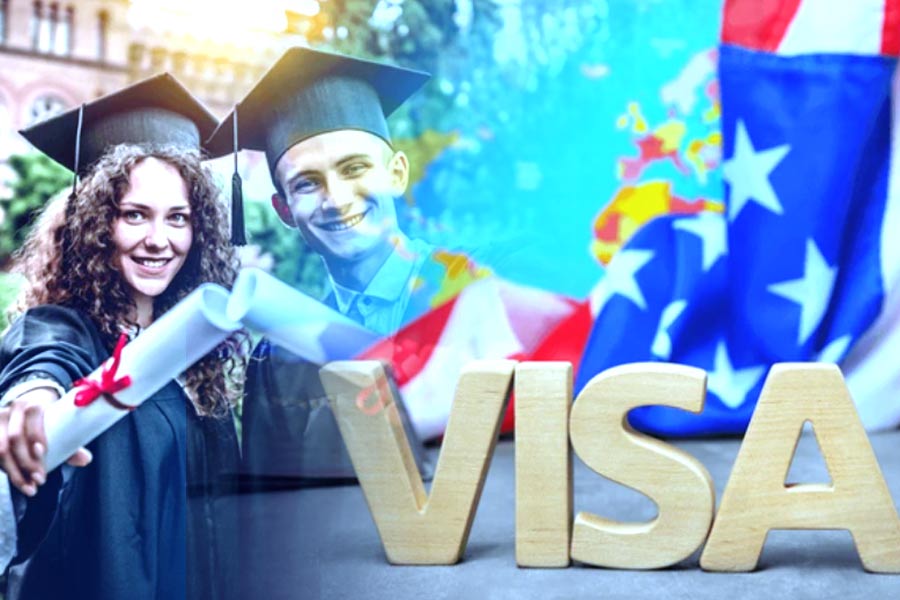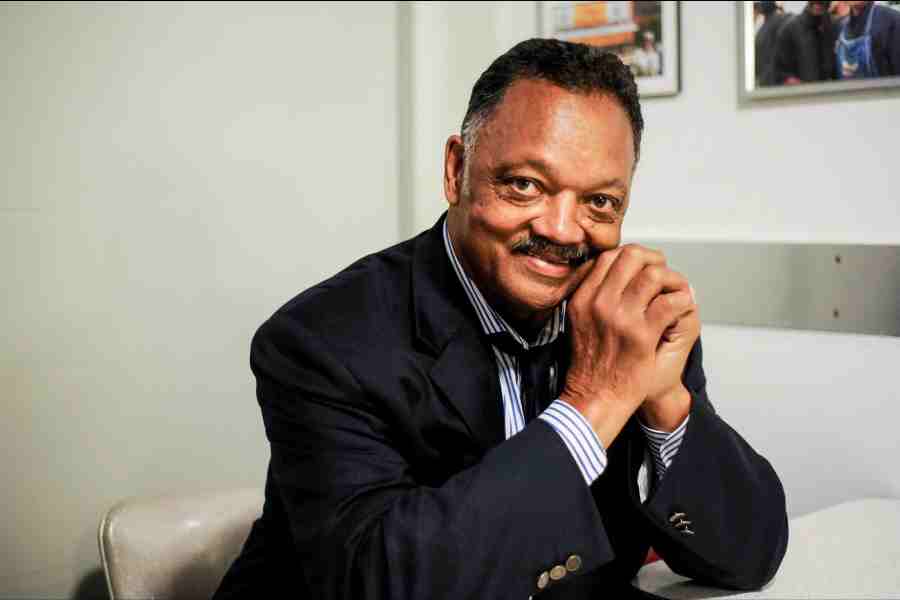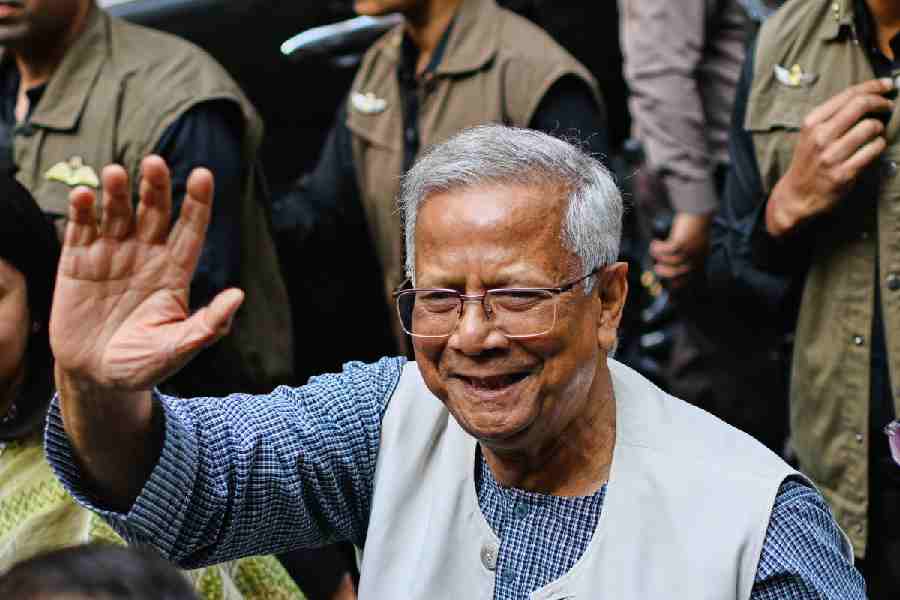A 27-year-old graduate applicant from Kolkata stares at the loss of an academic year amid an indefinite halt in student visa interviews by the US government. Now, her dream to pursue MBA at UVA Darden School of Business hangs in balance.
The application process began last year in October, and when everything seemed to fall in place, the visa hurdle emerged as a stumbling block for this Kolkata student.
“I don’t want to lose a year in case the US process gets delayed or complicated,” she said, requesting anonymity.
On Wednesday, The Telegraph reported that US student visa interviews have been indefinitely paused by the Donald Trump-led government. Additionally, international applicants may soon be required to submit five years' worth of social media activity as part of a more rigorous vetting process.
“With these significant and sudden changes, I am sceptical. As a result, I am applying to universities like Imperial Business School, London and other colleges in the United States, Singapore, and Canada, along with the US as a safe option,” added the 27-year-old south Kolkata resident.
While the US government frames these changes as part of a broader national security strategy, students and advisors fear academic disruption and heightened uncertainty.
Confusion and uncertainty haunt students
For the thousands of Indian students aspiring to study in the US, the abrupt changes have created confusion and doubt.
Another student, originally from Kolkata and now based out of Bengaluru, has been preparing for over five years to apply to elite US business schools.
“I have dreamt of a Stanford GSB, Columbia, or NYU Stern MBA for years. Pursuing a world-class MBA in the US would not only enhance my career but also launch my entrepreneurial journey. No matter how uncertain the situation is, I would still prefer the US MBA,” he said.
“I have waited five years and I am 28, the average age of global MBA aspirants. I can wait another year, but I won’t compromise on my dream,” he added, requesting not to be named.
‘Visa freeze alarming, but not the end’
Education consultants are urging calm while acknowledging the mounting anxiety.
Ranjika Mitra, founder and CEO of GlbXtnt The Campus Club, a global education consultancy, said, “Most international programs have a significant percentage of South Asians, with India and China leading the numbers. Given the current geopolitical landscape, logically, the demand for Indian students should increase to fill those classrooms.”
Mitra added that Indian students consistently demonstrate strong academic performance and economic contributions in the US. “Of the 10 South Asian CEOs leading Fortune 500 companies, five are of Indian origin. Nearly 10 per cent of Fortune 500 CEOs are Indian. That reflects the value Indian students bring.”
Despite the visa freeze, Mitra noted that student interview appointments had been confirmed by several US universities till the first week of June. “We are getting more than 16 business schools by August end, including several from the US. Things are planned as scheduled. I don’t think recruitment from India will be majorly hampered.”
Mitra expressed concern about the future of the Optional Practical Training (OPT) program, which allows students to work in the US for a certain period after graduation. “Cancelling OPT would be the biggest blow. Without it, students won’t have time to explore career options after graduation. They would have to rely solely on their internships and hope to convert them into full-time roles.”
According to Mitra, nothing compares to the top MBA programs of the US. “They say success is relative, and to reach the top, this is often considered the fastest route to glory. Satya Nadella—Chicago Booth MBA, Sundar Pichai—Wharton MBA, to even American CEOs like Tim Cook who went to Duke Fuqua MBA.”
“The demand for the most prestigious programs shouldn't and wouldn't die as the world will always require future leaders to lead the way for a better, sustainable future,” she added.
US universities have a legacy of creating leaders and the demand wouldn't die, Mitra said. The demand and supply would be and should be eventually balanced, she added.










